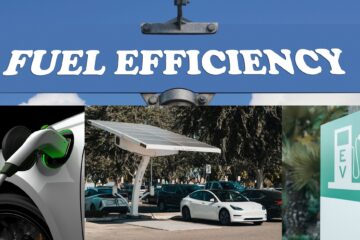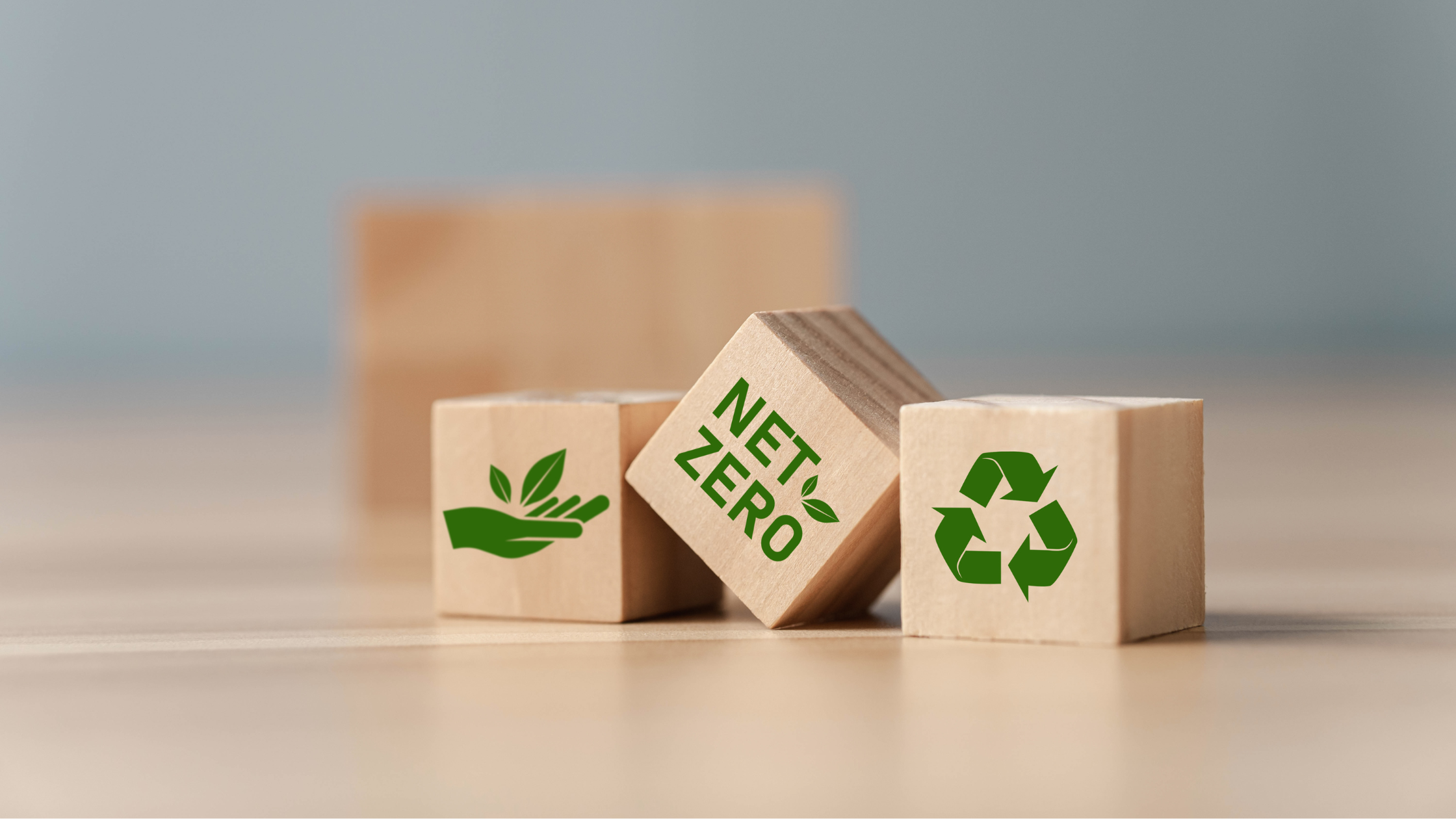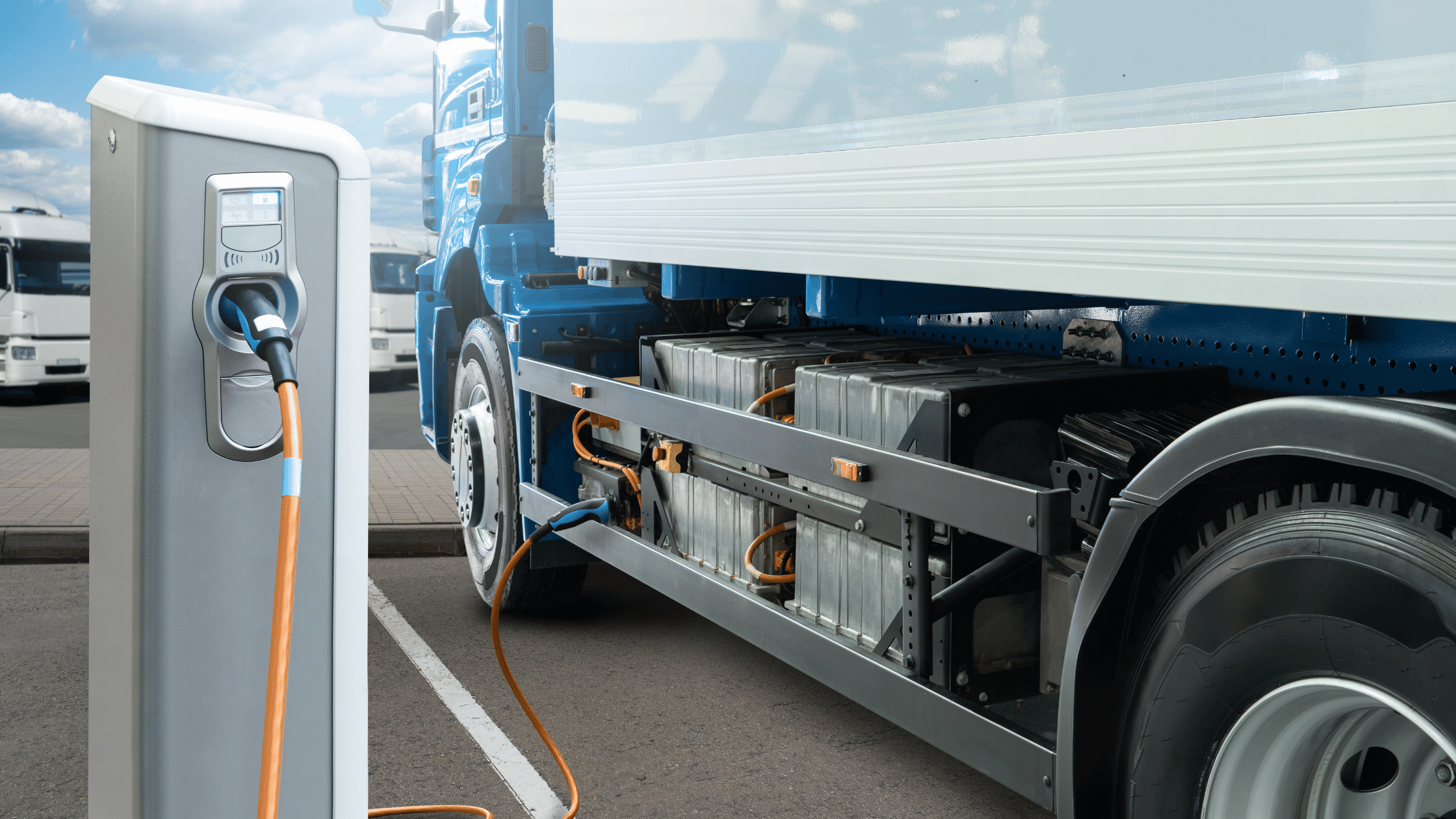For years, Australia’s gas sector has positioned natural gas as a vital “transition fuel” on the path to net zero emissions by 2050. This framing—widely accepted by industry, government, and even some climate policy circles—suggests gas will smooth the shift from coal to renewables, firm the grid, and support industrial decarbonisation. But there’s a critical flaw in this narrative: there is no spare gas.
The Transition Fuel That’s Already Been Sold
Australia is one of the world’s largest exporters of liquefied natural gas (LNG), with long-term export contracts locking in the vast majority of production—often up to 85% of total volumes from projects like the North West Shelf, Gorgon, and Wheatstone.
- Domestic shortfall: The east coast gas market, particularly, has seen domestic consumers compete with international buyers for supply extracted from Queensland’s coal seam gas fields.
- Price volatility: Local manufacturers and power generators are routinely exposed to global spot prices, despite being located near domestic production fields.
- WA reservation policy aside: Even Western Australia’s 15% domestic reservation policy is limited in scope, inconsistently applied, and does not cover third-party gas processed through facilities like the NWS.
In effect, the gas that could have supported Australia’s energy transition has already been sold overseas, limiting its availability for the very domestic uses it was supposed to enable.
Electrification Is the Real Transition
The Australian Energy Market Operator (AEMO) projects that electricity demand will grow two- to threefold by 2050, as the economy electrifies. In its Integrated System Plan, AEMO confirms that electrification powered by renewables—not gas—is the most cost-effective and scalable pathway to net zero.
- Renewables are already cheaper: Large-scale wind and solar, supported by storage and transmission upgrades, outcompete gas in all but niche peaking applications.
- Gas is not scalable for net zero: Even if new projects are approved, the economics and emissions profile of gas make it an unviable backbone for the future energy system.
To rely on gas for electrification, Australia would have to approve new extraction, new pipelines, and new export infrastructure, effectively locking in fossil fuel dependency beyond 2050.
Foreign-Owned Gas Producers Set the Agenda
Many of Australia’s gas projects are majority foreign-owned, with key players including Chevron, Shell, and Japan Australia LNG (MIMI). These companies:
- Develop gas fields primarily to meet offshore demand.
- Lobby for new exploration rights under the guise of “energy security.”
- Oppose stronger domestic reservation policies that might impact export profits.
Australia’s energy transition is being subordinated to the commercial interests of international fossil fuel conglomerates, rather than governed by national decarbonisation needs.
The Policy Reckoning Ahead
If gas is to play any meaningful transition role, it must meet several conditions:
- Domestic needs first: No new gas project should proceed unless a significant, enforceable portion is dedicated to Australia’s energy transition.
- Sunset clauses: Gas use must be time-bound, with a planned and rapid phase-down in electricity, heating, and industry.
- Full emissions accounting: All new projects must account for both domestic and exported emissions, including methane leakage.
The National Interest Test
A gas led transition will only be possible with additional approval of gas projects. Approval of future gas project must be driven by national interest and underpinned by certain performance:
- Australian gas reserved for domestic supply first and export last;
- sufficient supply of domestic gas volumes to drive down cost of energy;
- sufficient supply of domestic gas to enable the nation’s transition to NetZero emissions by 2050; and
- payment of fair taxes and royalties for Australian gas.
Current policy settings are not driven by the national interest test and state/federal governments are not being held accountable. The level of incompetence is mind boggling. It takes years to approve gas projects, and approvals could be conditional to achieve so much more for the Australian economy and domestic energy security.



0 Comments